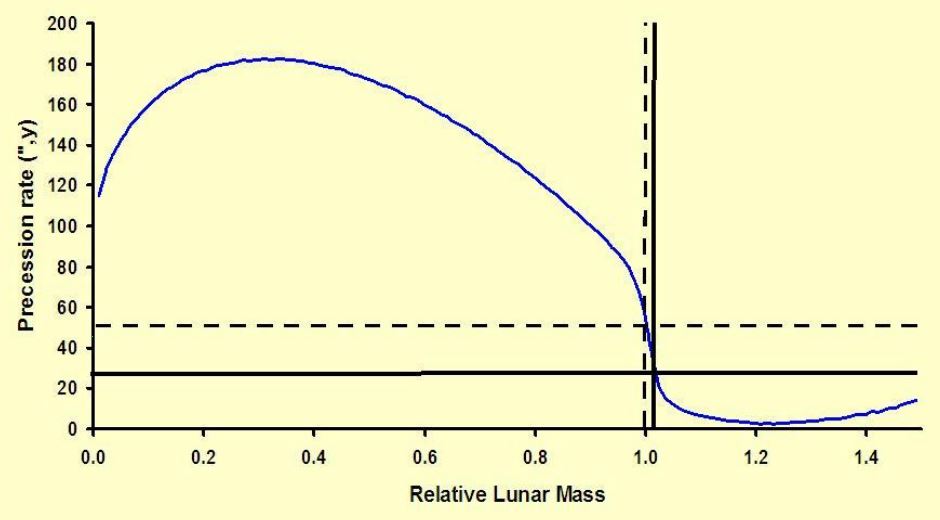It is a widely-held view that we are not alone in the Universe. There are so many billions upon billions of stars, many of which could have accompanying planets, that surely, surely there must be some planets which enjoy the conditions needed for life and specifically intelligent life, to evolve. Indeed it seems increasingly common to think that the evolution of such life might be relatively common.
Our July speaker, Professor David Waltham of Royal Holloway College, is not so sure! He took us briefly through the significance of the solar mass, lunar mass, presence of Jupiter , plate tectonics , our magnetic field and climate history in helping to make us a “Goldilocks” planet where a whole raft of conditions were exactly right for life to evolve. Quite a lot for an hour long presentation and if you are interested in reading more detail, then you could read his book “Lucky Planet”.
He started by discussing some points which would seem to make our planet special but which were not in fact that significant. For example, if Earth was smaller, then it would have cooled more quickly and it would have lost its magnetic field as the iron core solidified; cosmic rays would have blown away our atmosphere, rather than being channelled to the poles. But size may not be that important as Mars has indeed lost its atmosphere through this mechanism and yet small Venus with no magnetic field has a thick atmosphere.
His main argument to say that Earth is special focussed on our climate history. He described us as having four billion years of good weather, such that we never had all our H2O frozen and never had all of it evaporated, thus allowing conditions for evolution to be maintained. This is highly surprising when you consider the change to the Sun over the 4 billion years of the Earth’s existence. Its brightness has increased by about 30% which should have produced significant warming and yet this has not happened. He argued that this is largely due to the evolution of early life forms such as cyanobacteria and later lichen then plants. These removed carbon dioxide from the atmosphere, hence removing its greenhouse contribution. The loss of carbon dioxide compensated for the increased brightness of the Sun. Maybe these stabilising mechanisms were sufficient to allow evolution to continue … or maybe it was just phenomenally good luck.

A further factor leading to our stable climate is the slow, limited precession of our tilt axis which is largely controlled by the Earth-Moon distance. This is slowly increasing due to tidal effects but we were re-assured that the tilt axis would not become unstable because of this for over another 3 billion years. I have also found an article by Professor Waltham which included a graph about how the mass of the Moon relative to Earth affects the precession rate. It shows that our “Earth-Moon system is extraordinarily close to instability”.
A slightly smaller Moon or a slightly larger Moon would lead to either a rapid precession (widely erratic relatively frequent climate changes) or very slow precession (leading to prolonged cold ages) respectively. Neither of these would be conducive to many millenia of evolution.
So, is Earth a typical rocky world or is it the weirdest planet of the Universe ??
For more information , here are two links
https://davidwaltham.com/wp-content/uploads/2013/03/LuckyPlanetMarch14.pdf This is a pdf of a powerpoint presentation. The graphic of the effect of relative lunar mass on precession rate is taken from this link. The slides are interesting but without the spoken commentary not always that clear (to me at any rate!)
https://en.wikipedia.org/wiki/Rare_Earth_hypothesis This covers similar ground to Professor Waltham’s presentation but also includes a critique of the theories put forward.
Talk given by David Waltham of Royal Holloway College
Post written by Katherine Rusbridge
Aug 2020
